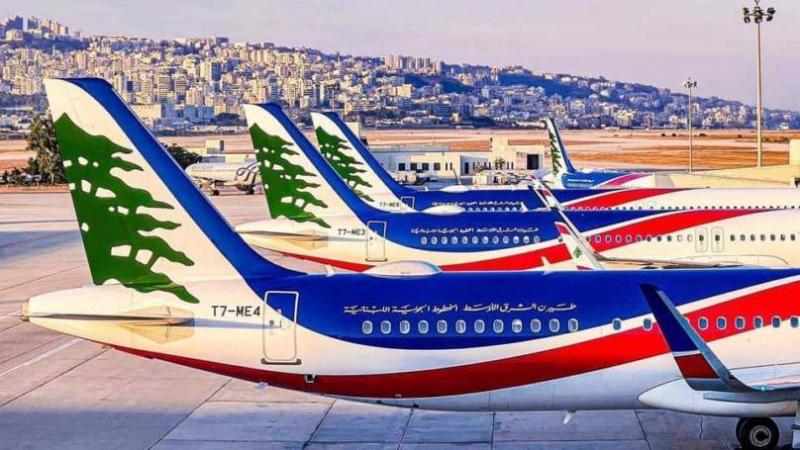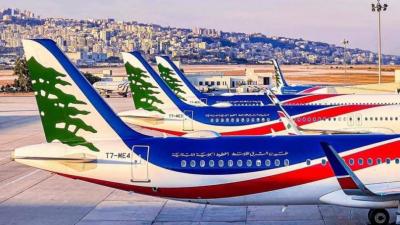According to official sources, if no unexpected events occur, Lebanon, currently exhausted and overwhelmed, is set to experience a promising tourist season starting late this month. This season is expected to provide a real opportunity for the country to catch its breath during the summer, with around 1.2 million arrivals anticipated, mostly expatriates responding to the calls of those managing the tourism sector. Naturally, this reality will reflect on the struggling economic situation. The minimum expectation from officials, who have been remiss in their duties, is to prevent political disputes that could also lead to security upheavals.
What are the predictions for the tourism sector? And what about bookings? The head of the Federation of Tourism Unions and the head of the hotel owners' union, Pierre Achkar, states to "Al-Markaziah": "This is not a matter of anticipation; there is a display covering the number of flights due to land at Beirut airport, showing whether the airplane seats are fully booked or not. So far, it appears that between 110 and 120 flights will land daily at the airport, translating to between 18,000 and 20,000 people entering the country each day, which is equivalent to the arrival of between one million and one million two hundred thousand from June 20 until the end of September."
Regarding hotel bookings, Achkar explains that "the majority of those coming are Lebanese expatriates, most of whom own homes in the country. However, when they arrive, they visit restaurants, cafes, and nightlife venues, similar to last year. Additionally, they will tour various regions, and we will benefit from this local tourism, alongside an expected good operational rate over the next two and a half to three months."
Achkar points out that "in hotels, it is not clear if the operational rate is high because Lebanese are returning to their homeland, and in Lebanese culture, we usually only decide on our destinations at the last moment, unlike Europeans, for example, who schedule their trips months in advance." He continues, "The country across its various sectors will benefit from a good tourism situation since the funds will flow into the overall economic cycle, and the 3 billion dollars will not solely end up in the pockets of the tourism sector."
Regarding pricing in dollars and its implications, he explains, "The decision came because prices were changing based on the increase in the exchange rate in the black market. However, when it decreased, they were not reduced, thus making the situation uncontrollable. To impose control, we deemed it best to price in dollars, as it stabilizes prices regardless of the exchange rate, and when set, it is sent to the Ministry of Tourism for approval before being adopted."




